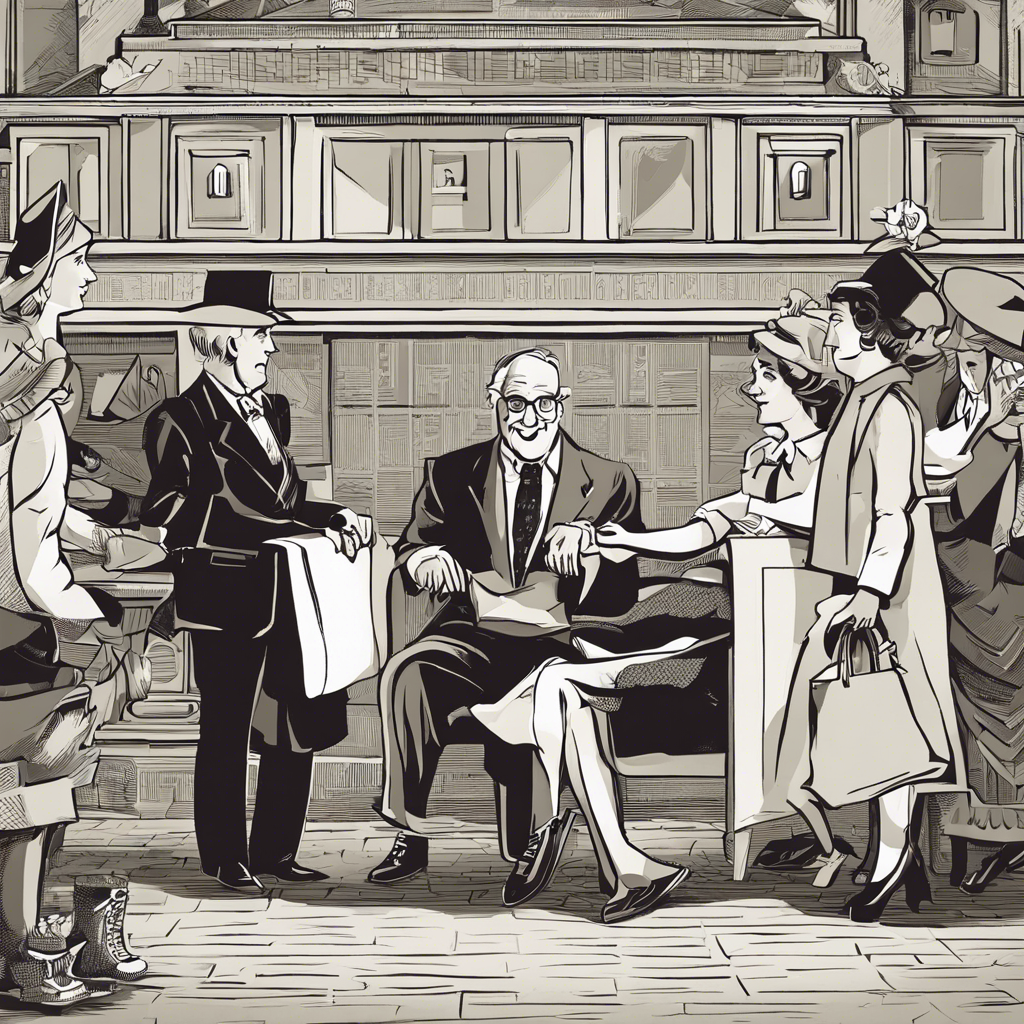The impact of charitable donations on personal finances, including potential tax benefits and long-term financial implications.
Charitable giving is a noble act that not only benefits the recipient but can also significantly impact the donor’s personal finances. While the primary motivation for charitable giving is often altruistic, understanding the potential financial implications can encourage individuals to give more and plan their donations strategically. This article explores the effects of charitable giving on personal finances, highlighting the short and long-term financial benefits and considerations for donors.
Many donors are unaware that their generosity can have a positive impact on their financial situation, beyond the warm feeling of helping others. From tax advantages to long-term financial planning, there’s more to charitable giving than meets the eye.
Financial Benefits of Charitable Giving
Charitable donations can bring various financial advantages, offering a powerful incentive for individuals to contribute to worthy causes.
Tax Benefits
One of the most significant financial perks of charitable giving is the tax advantages it provides. In many countries, including the United States, donations to qualified charities are tax-deductible. This means that donors can reduce their taxable income, potentially moving them into a lower tax bracket and resulting in substantial savings. For example, a donor in the highest tax bracket can save up to 37% of the donation amount in federal taxes. The Internal Revenue Service provides detailed information on tax deductions for charitable donations.
Wealth Management and Legacy Planning
Charitable giving can also be a strategic component of wealth management and legacy planning. High-net-worth individuals often look for ways to minimize estate taxes and preserve their wealth for future generations. Charitable giving strategies, such as charitable remainder trusts and donor-advised funds, offer tax benefits and allow donors to leave a lasting impact on their favorite causes.
Charitable Remainder Trusts
A charitable remainder trust is a planned giving vehicle that allows donors to receive a stream of income for life or a set period while donating the remaining assets to charity upon their death. This strategy can provide a tax deduction, a steady income stream, and a way to support charitable causes.
Unrelated Topics and Considerations
While not directly related to personal finances, the act of giving can have positive psychological effects on donors. Studies have shown that charitable giving can increase donors’ happiness and overall life satisfaction. Additionally, donating to charity can foster a sense of community involvement and engagement, contributing to a more fulfilling life.
Q&A: Addressing Common Questions
How much should I donate to maximize financial benefits while supporting my favorite causes?
The ideal donation amount varies depending on individual circumstances. Consulting with a financial advisor or tax professional can help determine the optimal donation level considering your financial situation and charitable goals.
Are there any risks or downsides to charitable giving?
While charitable giving offers numerous benefits, it’s essential to be cautious and informed. Donors should conduct thorough research to ensure their chosen charities are reputable and aligned with their values. Additionally, managing expectations and understanding that charities may not always meet immediate needs is crucial.
Conclusion
Charitable giving is a powerful tool for donors to support causes they care about while potentially improving their financial situation. By understanding the tax benefits and incorporating charitable giving into wealth management and legacy planning, donors can maximize their impact on society and their personal finances. As the famous quote goes, “True wealth is not in what we keep but in what we give.”
**External Links:**
1. The Internal Revenue Service: Charitable Contributions
2. National Center for Biotechnology Information: Happiness, Altruism, and the Social Mismatch: When Altruism Leads to Anger, and When Anger Leads to Altruism
3. Charity Navigator: Your Guide To Intelligent Giving
